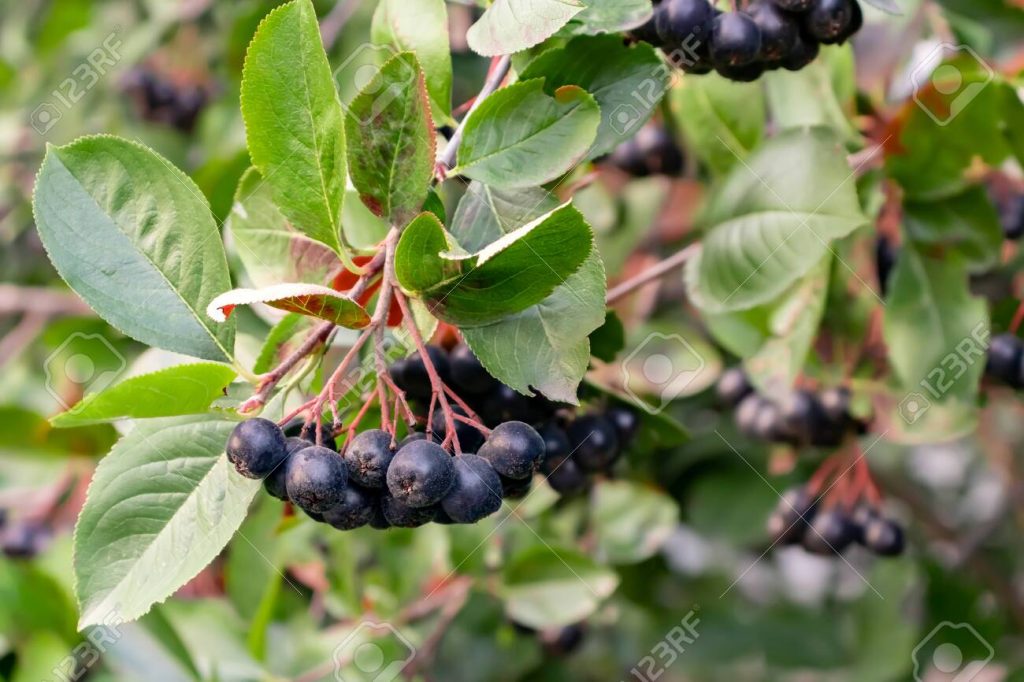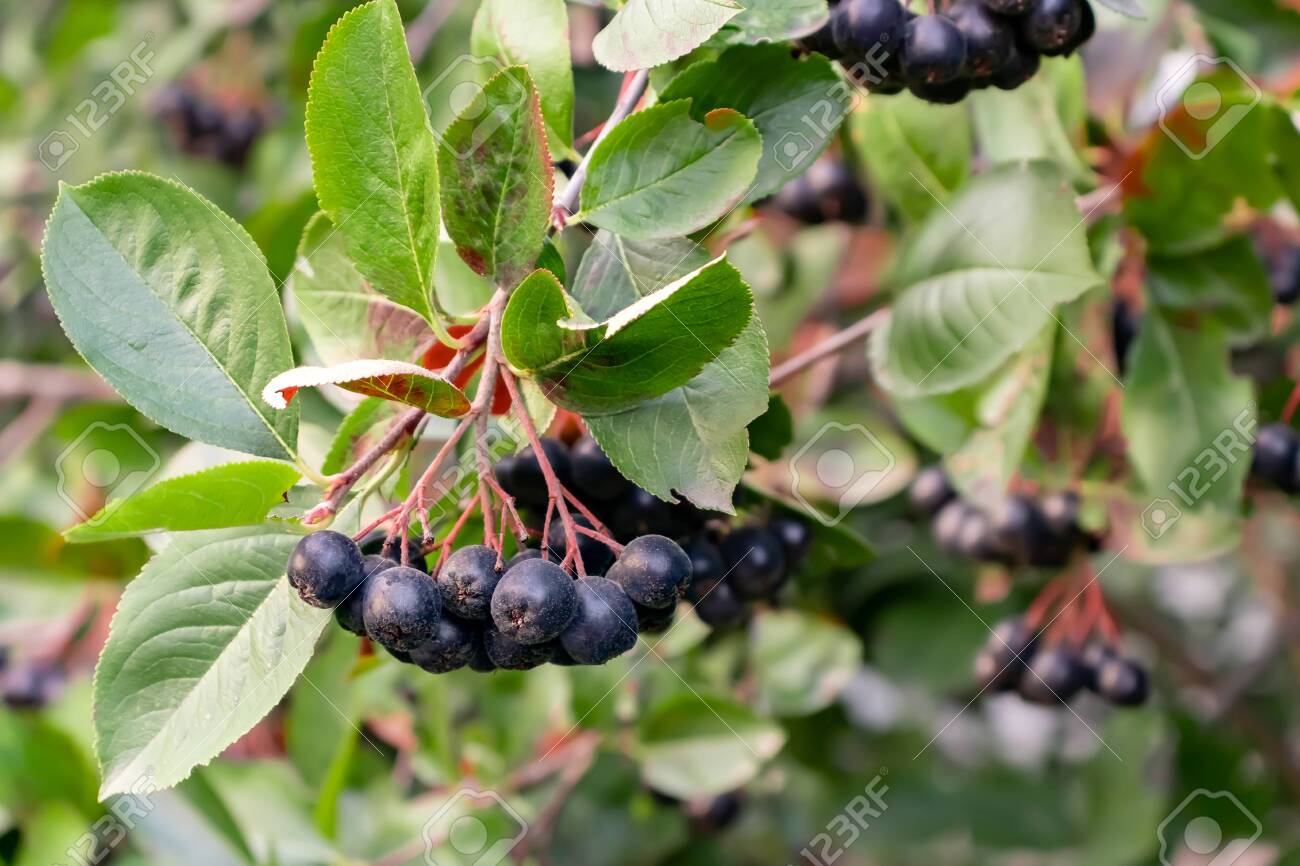
Profile
- Latin Name: Aronia Melanocarpa
- CAS No.: 1197991-17-5
- Active Ingredient: anthocyanins
- Specifications: 5%
- Test Method: UV-VIS
- Part used: Berry
- Appearance: Fine purple red powder
Description
Medium-sized shrub, native to North America; it develops numerous erect, densely branched stems that reach 90-150 cm in height. The lanceolate leaves are bright green, turning reddish or orange in autumn, before falling. In late spring it produces large clusters of white-pink flowers, with five petals; in late summer the flowers are followed by small roundish, pendulous fruits, which become black when ripe. The fruits of aronia melanocarpa are edible.
Benefits
The great success of aronia as a fresh fruit is linked to the numerous beneficial properties of the fruit, which contain important nutrients for the body. Vitamin C is a natural antioxidant, used in the fight against free radicals and inflammation. It is also useful for fighting colds and as a skin elasticizer. The flavonoids and anthocyanins contained in black aronia are also important presences for their antioxidant properties. Vitamin K is involved in the formation of the bone mineral, thereby strengthening our skeletal system, and in blood clotting. Aronia juice is used to fight urinary tract infections thanks to the presence of quinic acid. The same acid strengthens the heart system, protecting the heart and strengthening the blood vessels. The fibers contained in aronia are a natural laxative, effective against hemorrhoids and constipation. Finally, black aronia contributes to the reduction of total cholesterol and LDL cholesterol, commonly called “bad”.

